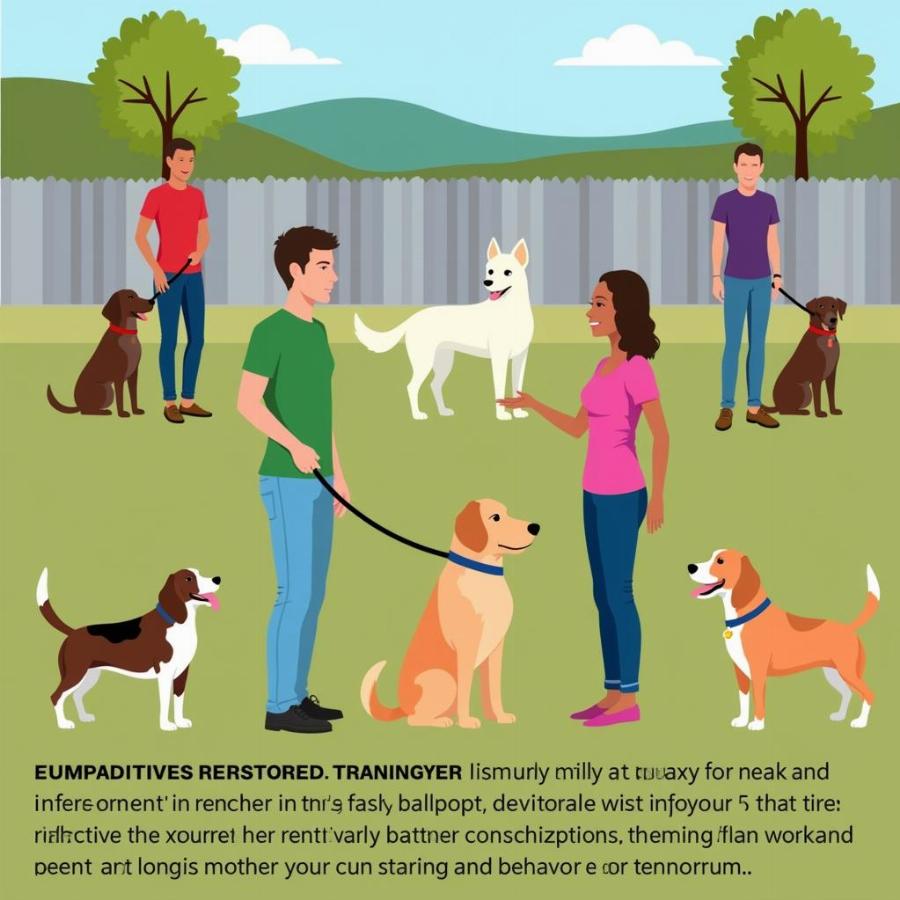The search term “Linda Lovelace and dog” often leads to misinformation and conflated narratives. While there are rumors and anecdotes connecting Lovelace to dogs, especially in the context of her controversial past, it’s crucial to differentiate between confirmed facts and speculation. This article aims to provide clarity, separating fact from fiction and focusing on the importance of responsible dog ownership—a topic relevant to all animal lovers, regardless of their background.
Understanding the Search Intent Behind “Linda Lovelace and Dog”
Why do people search for this term? Curiosity often stems from Lovelace’s controversial life story. Some may be genuinely interested in whether she owned dogs, while others might be seeking salacious or exploitative content. It’s our responsibility as a resource for dog lovers to steer the conversation toward responsible pet ownership and the wellbeing of animals. This involves providing accurate information while avoiding the perpetuation of harmful stereotypes or misinformation.
Responsible Dog Ownership: A Focus for All Animal Lovers
Regardless of the search query that brings you here, let’s shift the focus to what truly matters: the ethical treatment and care of our canine companions. Choosing to bring a dog into your life is a significant commitment, requiring time, resources, and a deep understanding of canine needs.
Choosing the Right Breed: A Lifelong Commitment
Selecting a dog breed should be based on factors like lifestyle, living space, and personal experience. A small apartment might be suitable for a Chihuahua but not a Great Dane. Active individuals might prefer breeds with high energy levels, while those seeking a more laid-back companion might choose a less demanding breed.
Providing Proper Care: Nutrition, Exercise, and Mental Stimulation
A balanced diet, regular exercise, and mental stimulation are essential for a dog’s physical and emotional health. Just like humans, dogs need a nutritious diet tailored to their specific needs. Regular walks, playtime, and engaging activities keep them physically fit and mentally stimulated, preventing boredom and destructive behaviors.
The Importance of Training and Socialization
Early training and socialization are crucial for a well-behaved and well-adjusted dog. Basic obedience training helps establish clear communication and boundaries, while socialization exposes them to various people, places, and situations, building confidence and reducing anxiety.
 Dog Training and Socialization
Dog Training and Socialization
Addressing Common Concerns of Dog Owners
New dog owners often face questions about housebreaking, barking, and separation anxiety. Patience, consistency, and positive reinforcement are key to addressing these challenges. Professional guidance from a certified dog trainer or behaviorist can be invaluable.
Is it ever okay to leave a dog alone for extended periods?
While dogs are social creatures, it’s sometimes unavoidable to leave them alone. Ensuring they have access to fresh water, a comfortable space, and engaging toys can help ease their anxiety. For extended absences, consider dog walkers or daycare facilities.
What are the signs of a healthy dog?
A healthy dog typically has a shiny coat, bright eyes, a good appetite, and regular bowel movements. Regular veterinary checkups are essential for preventative care and early detection of potential health issues.
Conclusion
While the search term “Linda Lovelace and dog” may lead to irrelevant information, it’s crucial to redirect the conversation toward responsible dog ownership. Providing accurate information and promoting ethical treatment of animals is paramount. Choosing to bring a dog into your life is a significant decision that requires commitment, understanding, and a dedication to their wellbeing.
FAQs
- What are the basic needs of a dog? Dogs need food, water, shelter, exercise, mental stimulation, and companionship.
- How do I choose the right dog breed for me? Consider your lifestyle, living space, and experience with dogs.
- How important is training for a dog? Training is crucial for establishing communication, boundaries, and a positive relationship.
- What are the common health issues in dogs? Some common issues include hip dysplasia, allergies, and dental problems.
- How can I prevent separation anxiety in my dog? Gradual desensitization, positive reinforcement, and providing a safe and comfortable environment can help.
- What should I feed my dog? Consult your veterinarian for advice on a balanced diet tailored to your dog’s specific needs.
- How often should I take my dog to the vet? Annual checkups are recommended, with more frequent visits as needed.
Find More Helpful Information on Beaut Dogs
- [Link to an article about dog breeds on your website (if available)]
- [Link to an article about dog training on your website (if available)]
Beaut Dogs: Your Trusted Source for Canine Information
Beaut Dogs is your go-to resource for everything related to dog care, offering expert advice and practical tips to help you navigate the joys and challenges of dog ownership. From breed selection to nutrition and training, we provide reliable information to help you create a fulfilling life with your canine companion. When you need support, contact Email: [email protected] to get detailed and accurate answers from Beaut Dogs.